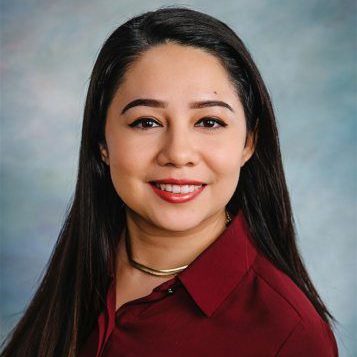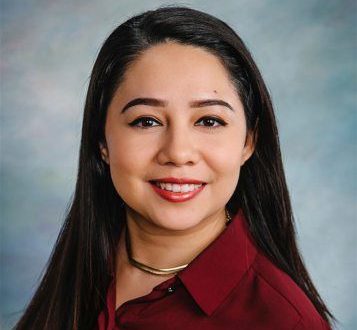For years, Crescent Community Health Center’s Pacific Islander Health Project has been a prime example of how Dubuquers step up to address the long-term needs of their neighbors. The program has focused on strengthening access to health care, nutrition and disease prevention for the growing Marshallese community.
However, the pandemic forced a change in its work. Programs designed to promote long-term well-being like healthy cooking classes were canceled. Workers shifted to immediate needs like translating documents and education about the virus and how to protect against it. They worked to fill patients’ prescriptions so they wouldn’t have to visit the clinic.
Like many organizations this year, Crescent and its Pacific Islander Health Project were forced to confront a new reality by shifting from a focus on long-term goals to an unfolding crisis. Helping residents with food, shelter, health and other necessities became job No. 1 for many organizations.
Switching to crisis mode has saved lives and helped communities navigate troubled times. At the same time, the events of 2020 have opened many eyes to the need for addressing complex, long-term challenges. As we look ahead to the new year, let’s make a resolution: Everyone in our community will play a part in breaking down barriers that prevent people from living their best lives.
The pandemic has exposed deep social inequities that require collaboration, comprehensive solutions and long-range planning to overcome. Low-income and minority communities, including Dubuque’s Black, Latino and Marshallese residents, have been particularly hard-hit by the pandemic.
As Crescent health workers found, many lack access to essential resources like masks, as well as health information in the language they speak. Because many work “essential” jobs, they are more likely to be exposed to the virus through interpersonal contact. If they live in homes with roommates or extended family, keeping distance from others who have been exposed becomes more difficult.
Others have experienced a loss of income and turned to our community’s nonprofits for assistance with housing, utilities and food. Such challenges can be especially traumatic for children also facing a new and uncertain school environment. A family’s economic troubles can make focusing on academics more difficult, setting the stage for long-term learning loss.
In the next year, it’s critical to ensure that a safety net is in place for providers that deliver support services. Long-term financial stability is essential so these organizations can serve people without worrying about how they will keep their lights on.
All people must be able to access these critical services. One way organizations are helping is through an assessment, facilitated by the Community Foundation of Greater Dubuque and a consortium of local religious sisters, to determine what resources are available for local immigrant families, a population disproportionately impacted by the pandemic. We’ll use the findings to figure out what service gaps exist and make sure people who would benefit know how to access these resources.
It’s important to ensure that the people who have lost employment and income can access jobs that enable them to provide for themselves and their families. Dubuque’s employers are working on this through initiatives focused on attracting and supporting a diverse workforce.
For children to come through this crisis stronger, we need a community-wide understanding that everyone, regardless of their job, plays a role in children’s well-being. To combat pandemic-related learning loss, we must shift our thinking about education: Learning doesn’t just happen in schools — it happens everywhere.
In the coming year, St. Mark Youth Enrichment, the Dubuque Dream Center and the Community Foundation’s Every Child Reads network will work together on a new initiative aimed at preventing children from falling behind. New programs and tools will support social-emotional development and trauma-informed learning both in and out of school.
The initial shock of the pandemic might have subsided, but we will continue to face crises exacerbated by the events of 2020 long into the coming year and beyond.
The good news is that solutions to these challenges and others are within our reach. The past year has shown what is possible when we come together as one Dubuque to tackle a once-in-a-lifetime emergency. Now, it’s time to make a resolution to apply that same ethic to building a strong region for the long term.



